A Stranger In Your Own City
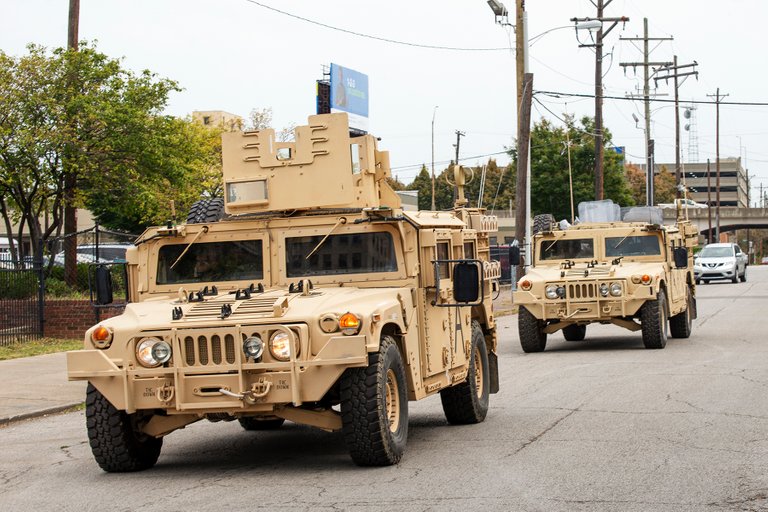
"If you think of those who will die you will never move."
Just finished reading A Stranger in Your Own Land by Ghaith Abdul-Ahad and holy hell was it a hell of a ride. I'd call it good but it's hard to reconcile that word with such a journey into the heart of darkness.
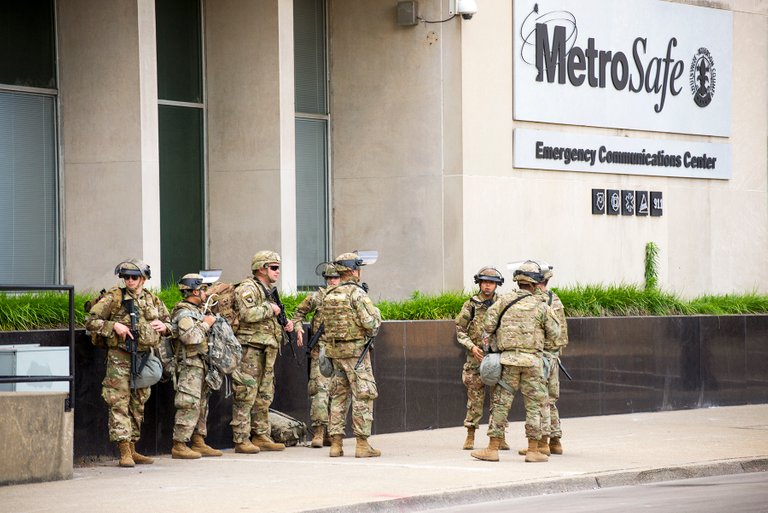
A hair over four hundred pages of guided tour through the absurdities and atrocities of the long war touched off by that benighted wannabe cowboy. It's one of a slew of books released for the twentieth anniversary of the invasion of Iraq but as far as I know it's the only one written by an Iraqi.
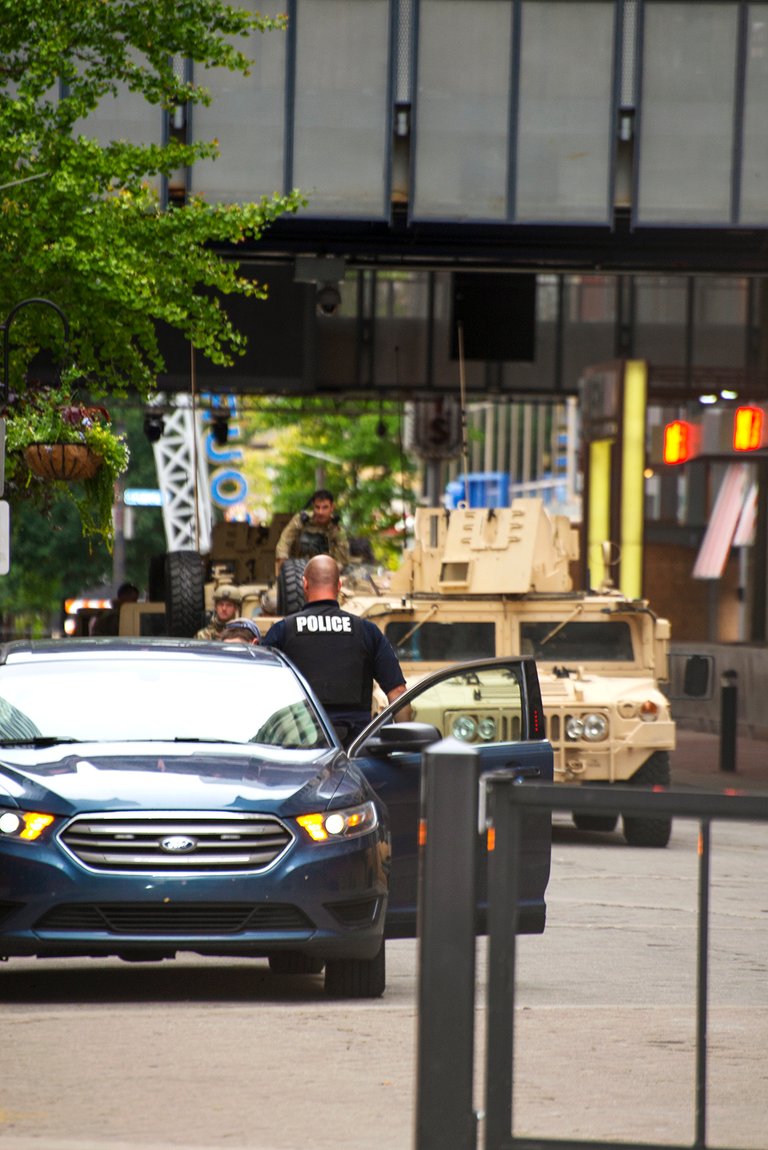
Ghaith Abdul-Ahad starts off with a glimpse of what it was like growing up in the 80s and 90s under Saddam, during the Iran-Iraq War, the Gulf War, and the sanctions that followed. Then he takes you on his journey from architect and military deserter to journalist and from there to battlefields on multiple war-torn countries.

From the US invasion, through the insurgency and the sectarian conflict that followed, the Syrian civil war and Daesh, the book is not so much a history of the war as it is a local's first-hand perspective on events. That perspective is part of what makes the book so fascinating, Ghaith Abdul-Ahad was able to go places and talk to people no westerner could and fills in some of gaping holes in their accounts of the conflict.
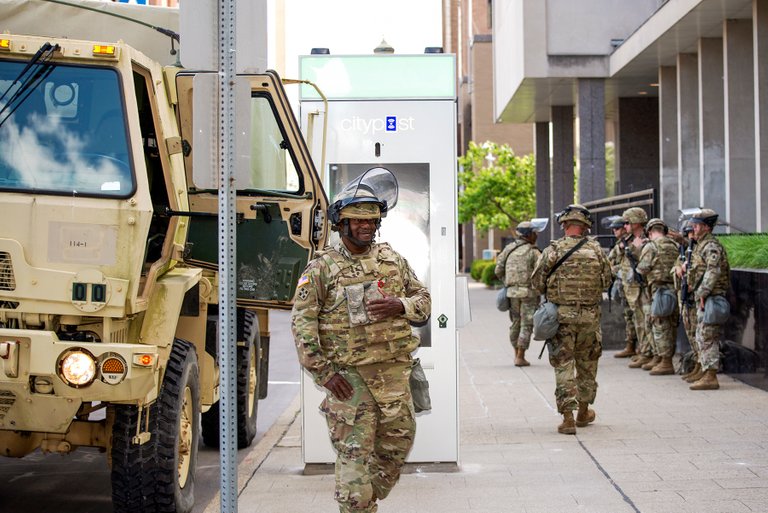
No sympathy for the devil. There's a lot of devils in the book but for a war Americans started they're mostly minor characters. Several of my friends fought in Iraq, the book serves as a nice complement to the bits and pieces they shared with me of their time there. One bit in particular stood out, an insurgent was telling Ghaith Abdul-Ahad about how they didn't stage attacks within 2km of their village to avoid American reprisals. I was instantly reminded of a friend's story about how the Army took their Mk 19s (automatic grenade launchers) away because once they were attacked in a location they'd blast the hell out of it anytime they passed it again.
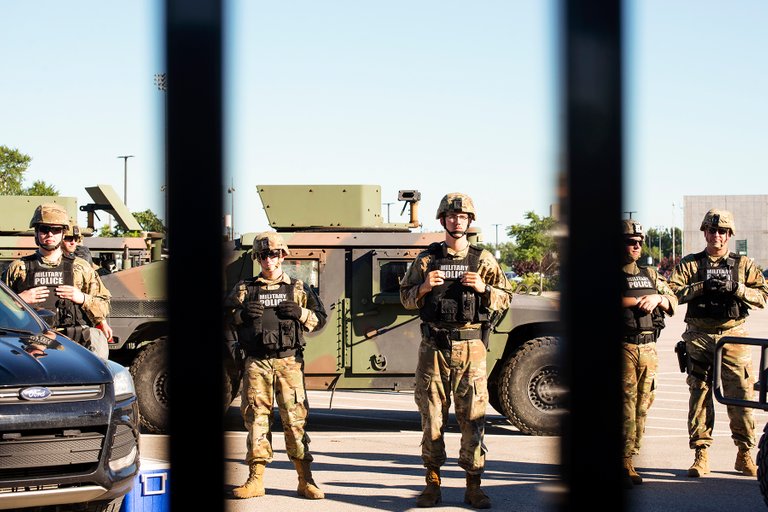
At it's core A Stranger In Your Own City is a book about the absurd, grotesque waste that is war. Cycles of oppression and violence, mistakes made and then made again, twenty years of violence and oppression with nothing to show for it but death, destruction, and more corruption.
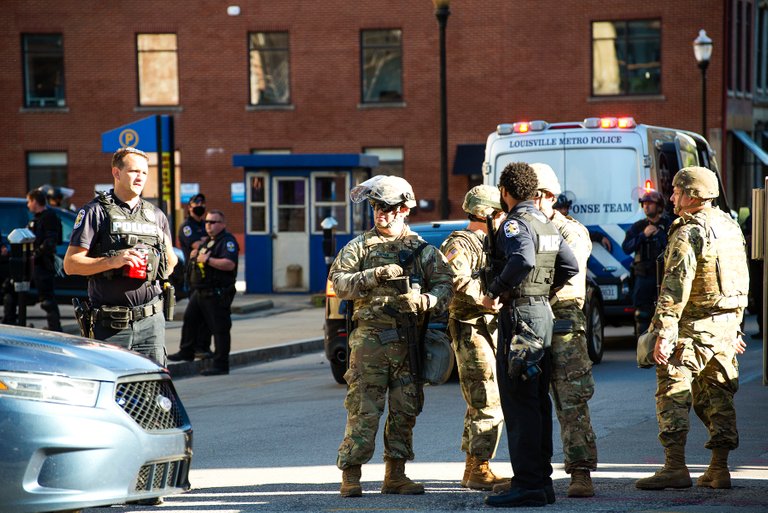
Photos are all from 2020 here in Louisville, when we had a few run ins with military occupation. Reading the book it was hard not to be reminded of 2020, the soldiers in their humvees running around shooting people (David McAtee) and all the militias sounded eerily familiar. Like a glimpse at a narrowly avoided alternate timeline.
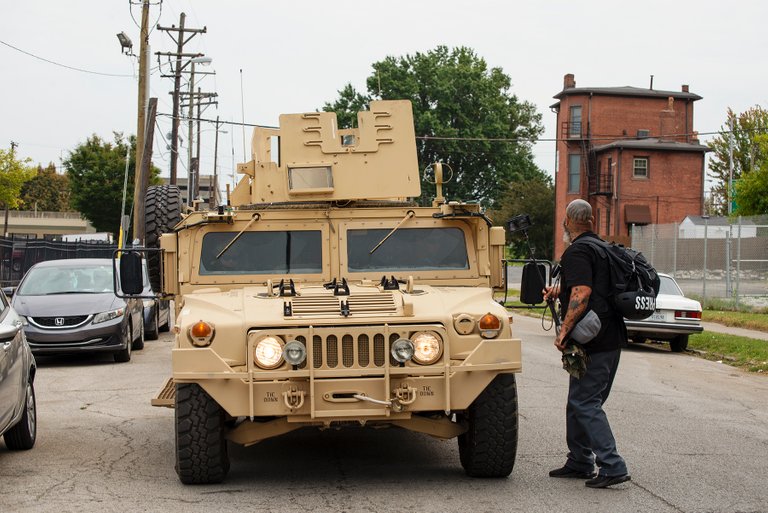
The book seems all the more relevant with the recent chatter about a 'National Divorce' around these parts. Just want to shake the people spouting that and ask 'Do you not understand what that would look like?' Anyways, A Stranger In Your Own City is a hell of a read, check it out if you're looking for something interesting to read.
On that note, I'm going to close with one last quote from the book. It remains eternally convenient to blame outsiders for any misfortune.
This post has been manually curated by @bhattg from Indiaunited community. Join us on our Discord Server.
Do you know that you can earn a passive income by delegating to @indiaunited. We share more than 100 % of the curation rewards with the delegators in the form of IUC tokens. HP delegators and IUC token holders also get upto 20% additional vote weight.
Here are some handy links for delegations: 100HP, 250HP, 500HP, 1000HP.
100% of the rewards from this comment goes to the curator for their manual curation efforts. Please encourage the curator @bhattg by upvoting this comment and support the community by voting the posts made by @indiaunited.
Thank you!
I reckon a lot of people haven't been prompted to give much thought to anything, which is how we got here. As events proceed, I expect hardship to prompt a lot of appropriate thought, most of it hindsight, as usual. I can only hope enough thought arises to prevent the specter of war on US clay, as I can imagine very few things worse for humanity. It is a hopeful sign that warrants are out on all the relevant warmongers, but discouraging that none of them will suffice to take out the warmongers and obviate the warfighters.
Thanks!
I reckon you're right. With all the weapons of mass distraction at our fingertips it's hardly surprising but it's still galling. Necessity is the mother of invention, I'm not exactly optimistic that hardship will be enough to prompt the kind of thinking and reflection we need but if anything will it's that. Don't know about humanity but with all the guns we've got here it'd be a nightmare for the US if the shooting started in earnest.
Thanks for dropping by!
A national divorce doesn't need to look like a civil war. Plenty of countries have split amicably. And if the threat of violence is what maintains the union, that's a toxic relationship red flag if ever there was one.
A national divorce doesn't have to look like a civil war, no. The odds of it not looking like a civil war aren't too good though, I'd rather pick a number and play roulette. Plenty? Care to give some examples? I can think of a few but they're far outnumbered by the ones where that was not the case.
The threat of violence IS what maintains the union. Studying the civil war was what started me down the path of anarchism, the realization that the union was nothing more than a marriage held together by *"I'll kill you if you try to leave me."
BREXIT? Norway and Sweden? The Czech and Slovak Republics? Government will make it complicated even if it is not violent, but precedent exists. And ideally it results in a cascade of smaller and smaller secessions, but I'm not holding my breath.
Brexit was more calling off the engagement than national divorce. The divorce from Ireland was definitely not peaceful, although an eventual Scottish one may well be done without civil war.
I presume you're talking about the second time for the Czechs and Slovaks, when the Nazis were not involved? I never said it was impossible, just unlikely and I feel like that's a case in point. Look at what else was going on at the same time, Yugoslavia was going to pieces in rather violent fashion, the central Asian republics had either just brought the dictatorship closer to home or were going through civil wars as well. The Baltic republics were relatively peaceful but that had been more of a forced marriage at gunpoint anyways. I just feel like we've been working on the Yugoslavia model for a while now.
The general trend seems to be towards ever bigger conglomerations but every once in a while there's a break in the pattern. I'm not holding my breath either.